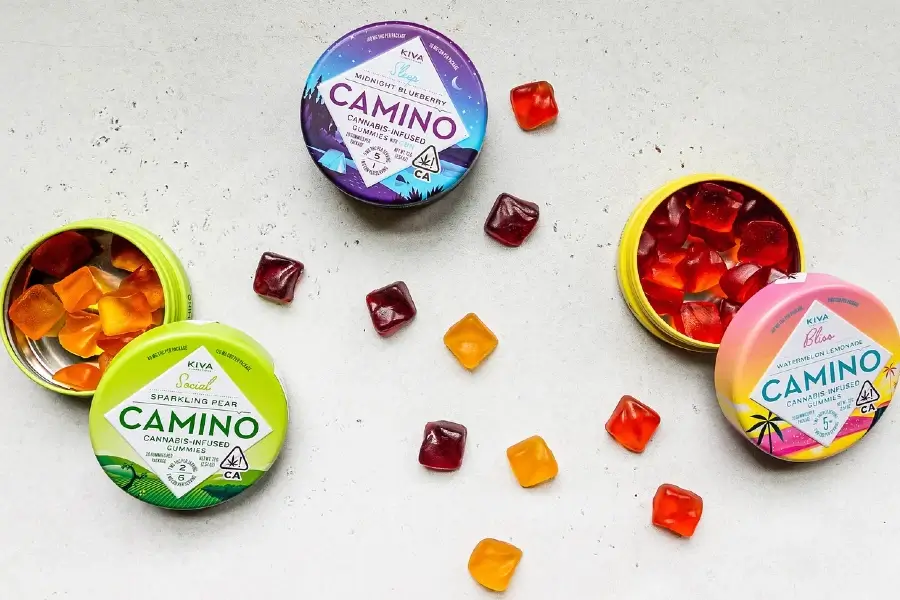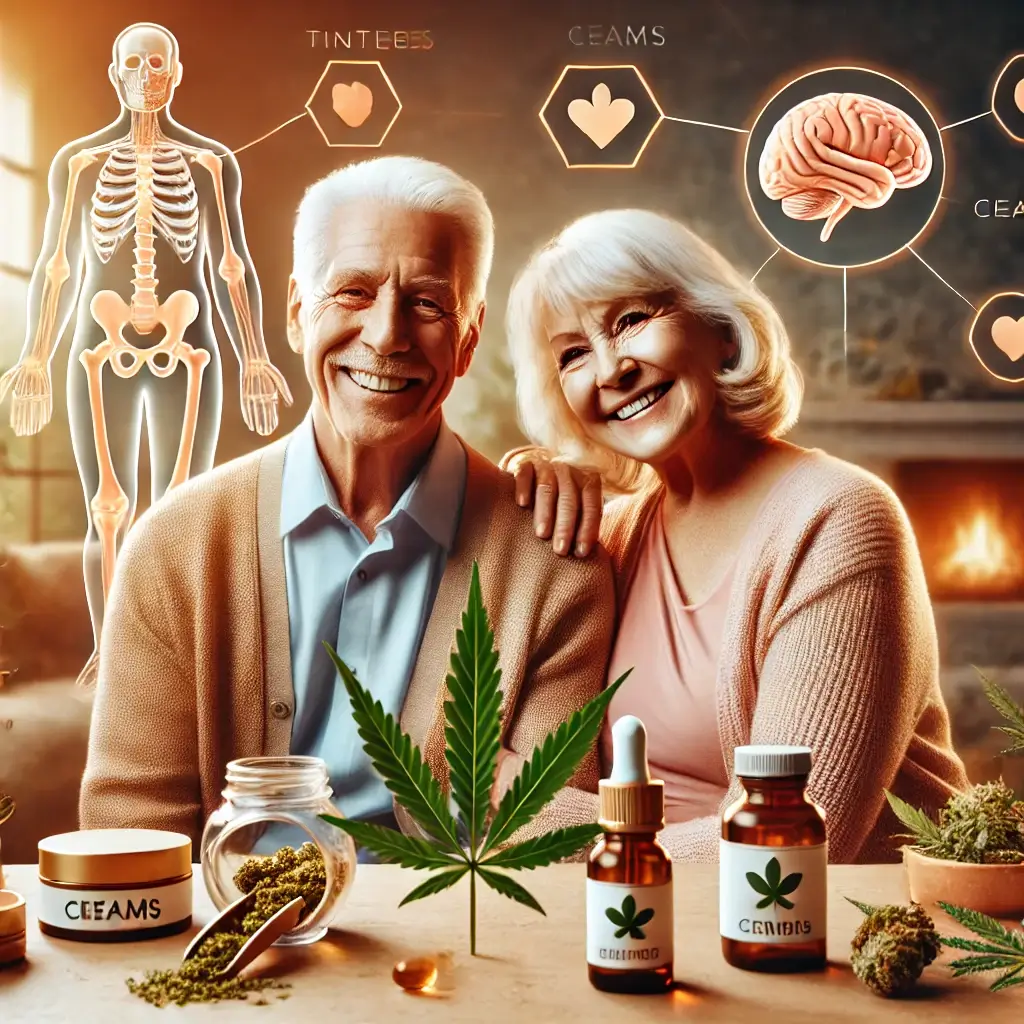Cannabis poisoning arises from the excessive consumption of cannabis in a single instance. Edibles, which are food or drinks containing cannabis, are more prevalent because of their delayed onset of effects in comparison to smoking. This can result in individuals inadvertently exceeding their desired consumption while waiting for the psychoactive effects to manifest.
Below is an analysis of the essential aspects of cannabis poisoning:
Indications:
- Impaired motor coordination
- Reduced muscular strength
- Reduced manual dexterity
- Postural hypotension, often known as dizziness upon standing, a person has a drop in blood pressure
- Lethargy refers to a state of extreme tiredness or lack of energy
- Reduced focus
- Impaired response speed
- Impaired articulation
- Conjunctival injection, condition in which the blood vessels become enlarged and more visible with red appearance
- Perplexity
- Amnesia
- Delusions
- Perceptual distortions
- Experiencing feelings of anxiety or restlessness
Novice users are more susceptible to cannabis poisoning due to their lack of awareness regarding their tolerance levels.
Level of seriousness:
The symptoms of cannabis poisoning are often non-lethal. However, they can be highly unpleasant and result in considerable agony. Severe instances can lead to tachycardia, emesis, and possibly psychosis.
Vulnerable populations:
Novice users are more susceptible to cannabis poisoning due to their lack of awareness regarding their tolerance levels.
Children are particularly susceptible to harm because of their reduced body weight and may encounter more severe symptoms.
Therapeutic intervention:
There is no designated remedy for cannabis toxicity. The standard approach usually includes providing supportive care to address symptoms until the effects subside, which may last many hours.
In instances of extreme severity, it may be imperative to admit the individual to a hospital.
The initial phase of treatment involves separating the individual from the cannabis substance, regardless of whether it was consumed by inhaling or ingesting. After the person is evacuated, it is important to regularly follow them to ensure their symptoms do not deteriorate.
In instances of severe cannabis poisoning, it may be necessary to admit the individual to a hospital.
Supportive care is the primary treatment for cannabis toxicity. This entails effectively controlling the symptoms of the disease until the effects subside, a process that may last for several hours. Common symptoms of cannabis poisoning encompass anxiety, paranoia, confusion, dizziness, and xerostomia.
Supportive care may encompass administering fluids to prevent dehydration, providing a serene environment to facilitate relaxation, and dispensing drugs to effectively control symptoms.
In instances of severe cannabis poisoning, it may be necessary to admit the individual to a hospital. This is remarkably accurate if the individual is encountering hallucinations, convulsions, or respiratory distress.
In such instances, the individual may necessitate more rigorous medical intervention, such as administering intravenous fluids, oxygen therapy, or using a mechanical ventilator to assist with respiration.
It is crucial to acknowledge that the impacts of cannabis can significantly differ among individuals, and specific individuals may exhibit greater sensitivity to its effects than others. Furthermore, the potency of cannabis products exhibits significant variation, hence posing a challenge in accurately anticipating the intensity of their impact.
If you have any worries regarding cannabis use or potential poisoning, it is advisable to get advice from a medical expert.
Hence, it is crucial to exercise caution when using cannabis products and to promptly seek medical assistance if you suspect that you or someone else may be suffering from cannabis poisoning.
Prophylaxis:
- Commence with a modest dosage and gradually increase, particularly when consuming edibles.
- It is advisable to wait at least 2 hours before ingesting more, as some edibles may require time to fully absorb the nutrients.
- Take note of the strength of the cannabis substance you are ingesting.
If you have reason to believe that an individual has consumed an excessive amount of cannabis, it is imperative that you promptly contact emergency services.
Crucial Reminder:
These guidelines are broad, and the intensity of symptoms can differ based on the person and the quantity of cannabis ingested. If you have any worries regarding cannabis use or potential poisoning, it is advisable to get advice from a medical expert.




